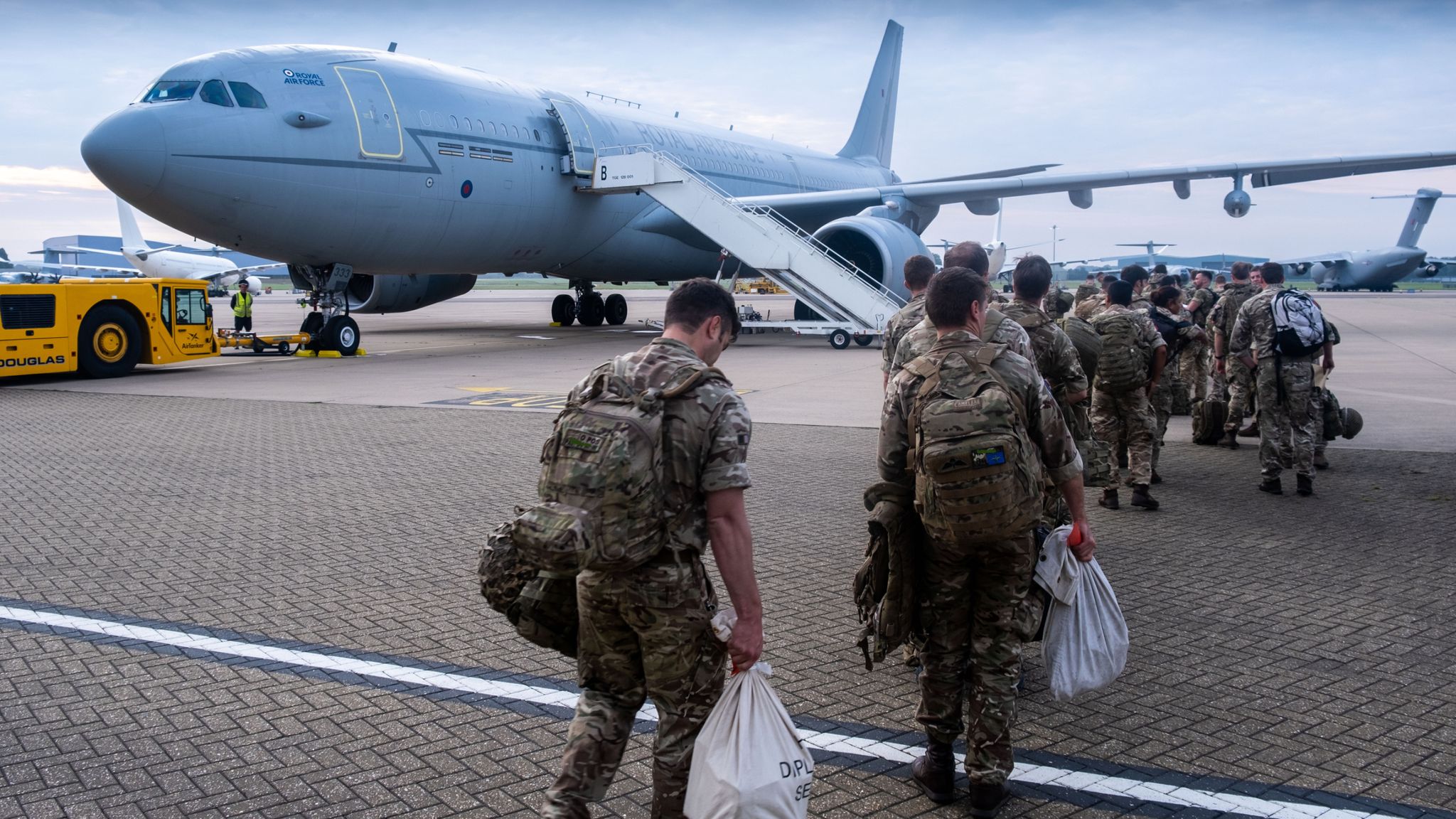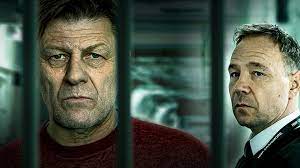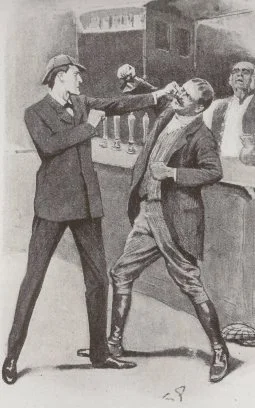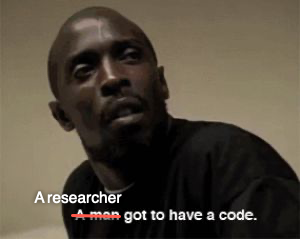
Power changes hands in Afghanistan
The crumbling of the 20-year US effort in Afghanistan, in a sudden collapse, illustrates the dynamics of coercive power in a heartbreaking way.

The crumbling of the 20-year US effort in Afghanistan, in a sudden collapse, illustrates the dynamics of coercive power in a heartbreaking way.

A scene in the BBC drama Time shows a restorative justice meeting between a convicted murderer and his victim’s parents; it ends with the mother declaring that, because of the motive, the crime is ‘unforgiveable.’ This judgment reflects a gap between her dignity-culture logic and his honor logic.

Are there two types (or faces) of power? Is there a lifecycle whereby power changes from one form to another over time? I propose that power has two aspects, always inherently linked; and subject to rotational inertia so that one aspect or the other may be foregrounded for some time…but it will inevitably recede and the other come to the fore.

It’s easier in the short term to use force and strength and violence than to harness the consensus of many people.

A living document of principles and commitments.